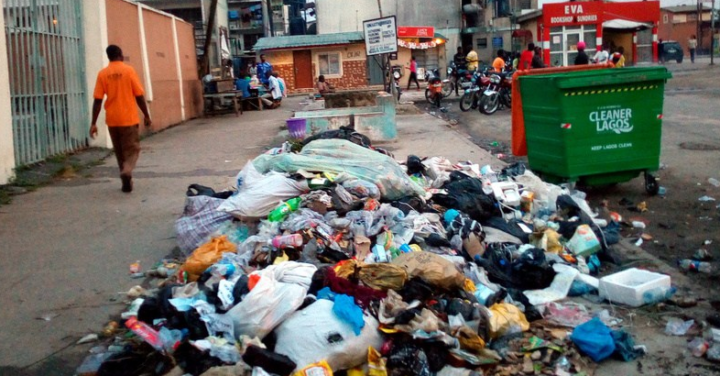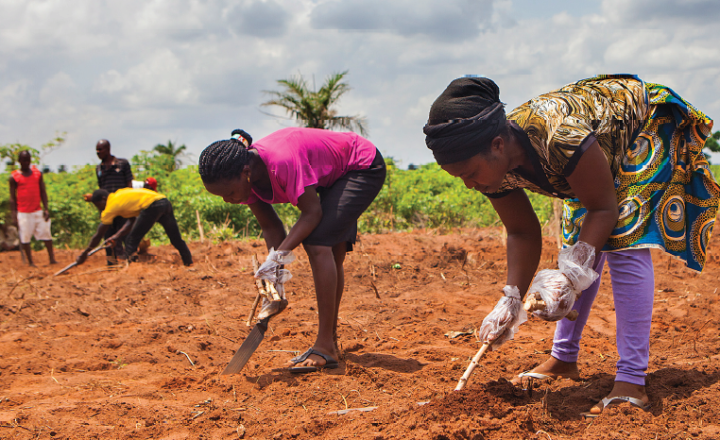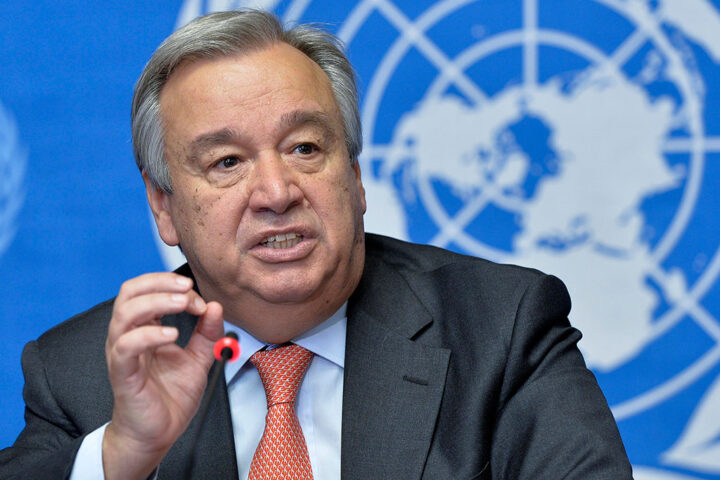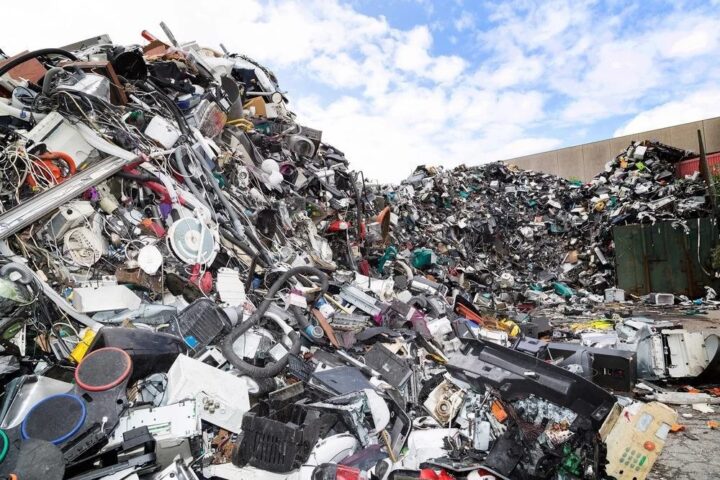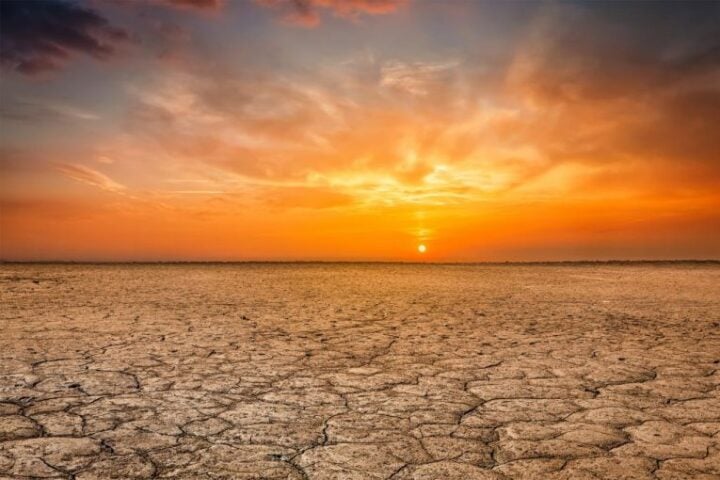Despite directly impacting our communities, health, and livelihood, climate-related reports usually take a back seat to dominant news beats like politics and business. Climate Watch aims to ensure you never miss important stories on climate change and actions being taken toward limiting its impact.
Here is a round-up of last week’s climate stories:
- The Environmental Health Council of Nigeria (EHCON), says it has developed software to address careless waste disposal and reduce flooding in the country. Yakubu Mohammed, CEO and registrar of the council, on May 12, said the software which would be piloted in Abuja, would evaluate waste generated by every household, as well as ensure an accurate billing system. Mohammed said the council would also deploy environmental health officers to drop electronically generated billing systems in various households to enable a more effective study of the software’s application.
- Also, the Jigawa government, on May 8, banned indiscriminate tree felling by loggers in the state. Lawan Ahmed, managing director, Jigawa State Environmental Protection Agency (JISEPA), said illegal logging for charcoal and firewood has negatively impacted forest resources and the environment. Ahmed said trees provide life support systems, adding that deforestation, fragmentation and degradation destroy biodiversity. He urged residents to report the activities of loggers to relevant law enforcement agents in the state. Read more here.
- Meanwhile, Sunny Drake Productions has partnered with Why Not Theatre, Canada, to produce a theatrical podcast titled “Climate Change and Other Small Talk”. The climate change audio drama which launched on earth day, features Deyemi Okanlawon, Taiwo Ajai-Lycett, and Omoye Uzamere. The podcast aims to address the impact of climate change on the environment, offer local perspectives and promote sustainable solutions. Find out more here.
- During a sensitisation rally at some markets in Ekiti, the National Emergency Management Agency (NEMA) on May 10, advised residents of the state to take precautionary measures to reduce the impact of flooding. Kadiri Olanrewaju, NEMA’s head of operations in Ekiti, said the state is prone to high flood risks due to the seasonal rainfall. Olanrewaju urged the people to take climate change issues more seriously, adding that prevention is better and cheaper than cure. Read more here.
- Similarly, the Nigerian Meteorological Agency (NiMet), last Friday, warned residents of Abuja and 12 northern states of thunderstorms and flooding predicted to occur later this month. Muntari Ibrahim, NiMet’s public relations general manager, advised the public to stay indoors during heavy rainfall, to avoid being struck by lightning. The agency also urged disaster risk managers to be proactive and take appropriate measures to avert loss of lives and property during the rainy season. Read more here.
- In a research published in Frontiers in Microbiology, last week, scientists from the Swiss Federal Institute WSL discovered microbes that can digest plastics at low temperatures and in colder environments. The microbes were found to break down biodegradable plastics at 15 degrees Celsius, offering a promising approach to recycling and reducing the environmental burden of plastic waste. Find out more here.
- Last week, the African Coalition of Communities Responsive to Climate Change (ACCRCC) and the Kenya Red Cross Society (KRCS) called for investments in mental health infrastructures to address the negative health impacts of climate change on farmers and livestock keepers in the continent. The organisations said climate change is an emerging threat to public health in Africa, adding that losses and damages due to flooding and droughts have led to increased cases of depression. They advised that implementing early warning systems for disasters can reduce the effects of extreme weather events. Read more here.
Add a comment
